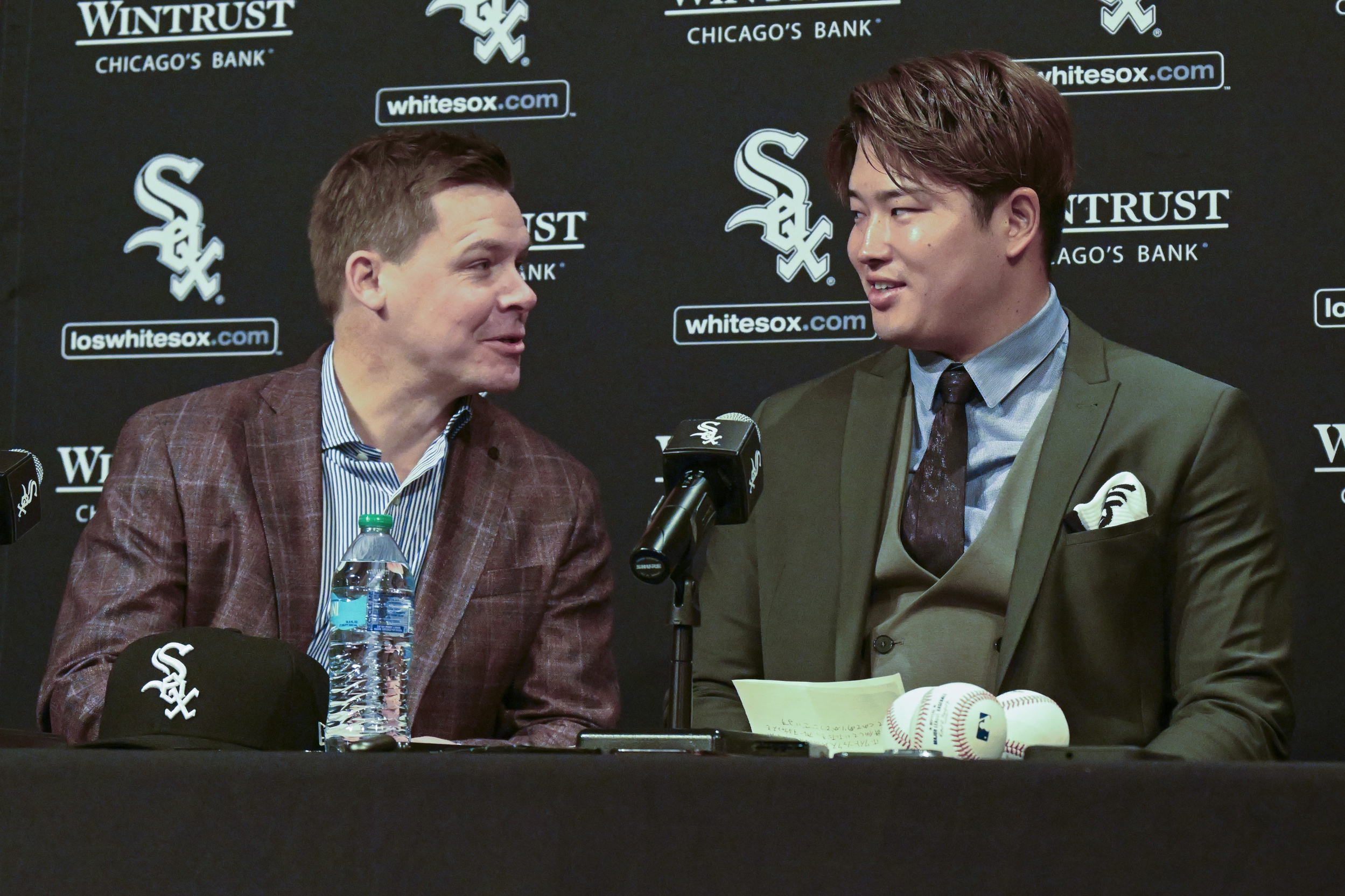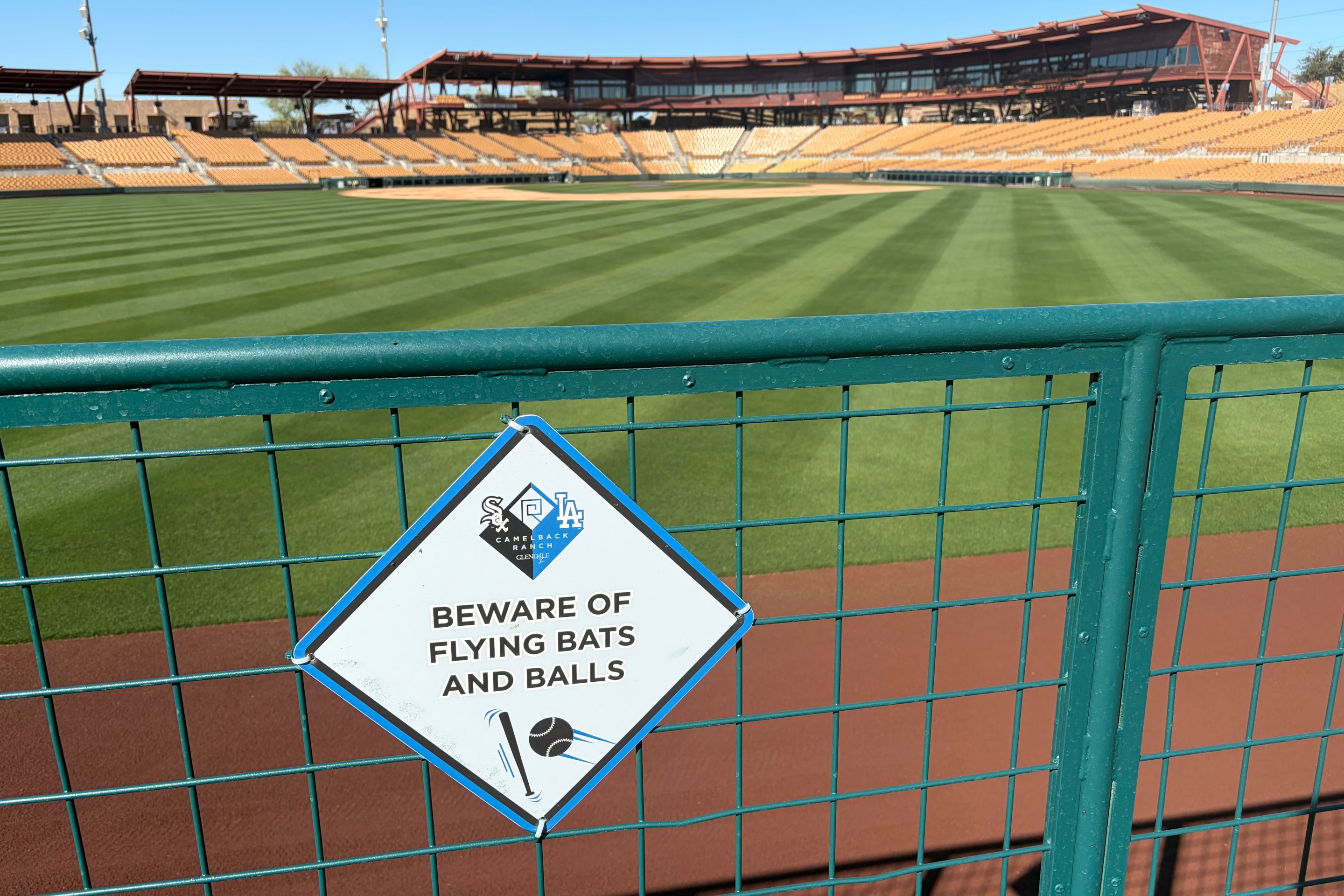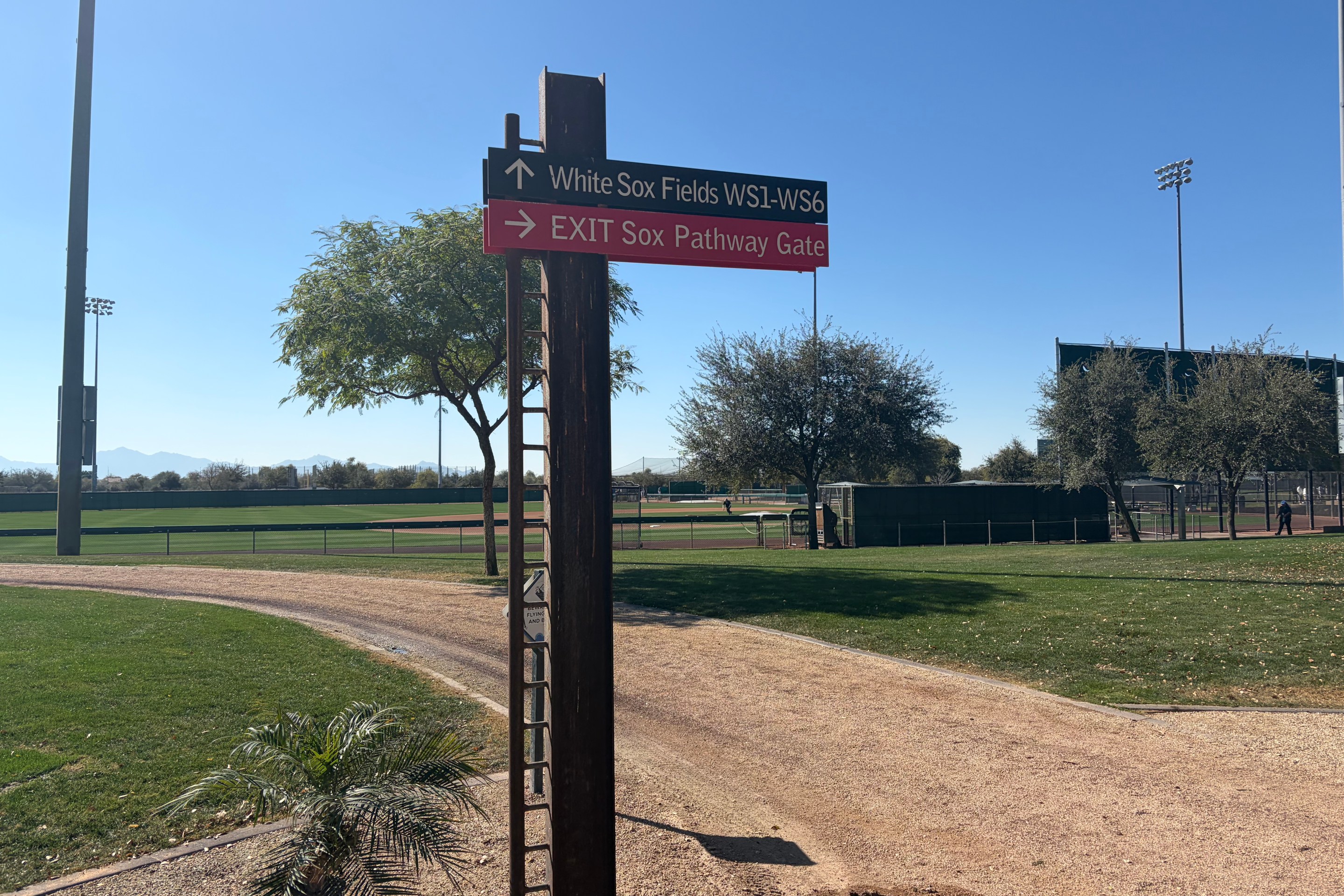Bobby Jenks' last year in a White Sox uniform was frustrating for all parties. Jenks stressed out fans with an inability to string together easy outings. Ozzie Guillen had to threaten him with taking away the closer job a couple of times. Don Cooper scolded fans for not supporting him enough.
Kenny Williams had to veil his displeasure, too, as Jenks failed to finish the season healthy for the second straight year. And for every criticism leveled against Jenks, he issued his stock response that people blew his problems out of proportion.
It became clear that it was best for both parties if they went their separate ways - especially since Jenks was set to make $10 million through arbitration, a figure he would likely never meet with his performance. If he fell short once again, the same complaints would rise to the surface, only more forceful.
Yet when you step back and evaluate Jenks' entire White Sox career, it seems to me that these are all great problems. It means that Jenks accomplished enough to set high expectations.
Back when he joined the White Sox, nobody knew what to expect. More than anything, they braced for embarrassment.
Jenks had problems when the White Sox claimed him off waivers from the Anaheim Angels on Dec. 17, 2004, both real and rumored. He had a pin in his elbow from a stress fracture, and that was the least of it. He battled problem drinking, which led to problems with teammates in the Angels farm system. He came from nothing in Idaho, and didn't even attend school for most of his childhood, and needed special ed when he did. His parents obviously weren't involved, to put it nicely.
From those real issues sprang other more serious accusations that Jenks had to repeatedly deny. That, since he lived near Aryan Nation headquarters, he was a skinhead with Swastika tattoos. That he was a self-mutilator who burned his flame-throwing arm.
The lore of Jenks was so frightening and alluring that he warranted an ESPN Magazine feature in 2003, when he was nothing but a Nuke LaLoosh-style underachiever. Jenks resented the article that elaborated on all of the above, but enough of it was true that Jenks became too much for the Angels to bear.
Under the advice of player development director David Wilder (of all people), the White Sox took a chance on him. Kenny Williams told him that the White Sox would be the perfect rebound opportunity for Jenks if he would let it, and he took those words to heart.
Not only did Jenks pitch well in Birmingham, but he posed no problems to the team, too. He became known only for his 100-m.p.h. heat and knee-buckling curve, and started racking up saves as the Barons' closer. He adjusted to the role so well that when Williams pondered adding bullpen help, Wilder told him that he had all the bullpen help he'd need inside a widebodied, 6-foot-3-inch, 275-pound frame.
Wilder was right. Jenks made his much-awaited debut on July 6 against Tampa Bay, striking out two in a scoreless inning. He wasn't perfect for long -- the Red Sox roughed him up for three runs in one-third of an inning the next time out -- but Ozzie Guillen kept giving him the ball.
And we loved watching Guillen give Jenks the ball. When he signaled to the bullpen, there was no doubt who he wanted. Arms wide horizontally, then arms wide vertically. Bring me the big boy.
Jenks wasn't a boy for long. By late August, he was the man, closing out games for a first-place White Sox team after Dustin Hermanson's balky back befell him. That injury could have sabotaged the Sox season, considering Hermanson was Guillen's second closer of the year. But Jenks -- who couldn't control much of anything he did before 2005 -- stepped up and stabilized an entire bullpen, and not just through the regular season.
No, Jenks appeared in all four World Series games. He made his Fall Classic debut in Game 1 with the tying run on third and two outs, and blew away a hurting Jeff Bagwell with relentless triple-digit heat en route to a 1-2-3 ninth and the save. Game 2 showed how charmed his year really was -- he gave up the lead in the top of the inning on a two-out, two-run Jose Vizcaino single, only to set up Scott Podsednik's walk-off homer off Brad Lidge. Watching Podsednik round the bases while disbelief-fueled delirium raged around him made me glad that Jenks faltered.
He wouldn't slip up the rest of the Series, throwing two scoreless innings in Game 3 and closing out Game 4 by inducing a chopper he couldn't reach. Juan Uribe charged, made a lightning-quick exchange from glove to hand, then unleashed a rocket that hit Paul Konerko's mitt a split second before Orlando Palmeiro's foot touched the bag.
The White Sox won their first World Series in 88 years, and Jenks was immortalized, both in the books and in every celebration picture. You don't even have to close your eyes to see his arms held high, his feet just a little bit off the ground.
Jenks never could replicate that success, although he had more good times than bad over the next five seasons. He wrestled Chicago's weight fluctuation title away from Oprah and battled velocity concerns and nagging random injuries. He also lost the feel of his best pitch, the hammer curve, and became more of a tinkerer. That's not exactly what you want to see out of a power pitcher.
Still, he earned All-Star berths in 2006 and 2007. In the latter season, he tied Jim Barr's record for the most consecutive batters retired with 41 before Joey Gathright ruined it with a single (the record has since been eclipsed by Mark Buehrle). He's the only White Sox pitcher with multiple 40-save seasons, and his 173 saves are second on the list to Bobby Thigpen.
And maybe Jenks' body wasn't always sound, but his head was on straight. He was one of the few Sox to live in the Chicago area year-round, where he settled with his growing family. He said he gave up alcohol and found Jesus. When it came to his personality, the worst you could say is that his indignation wasn't always righteous.
That said, with Jenks' salary set to skyrocket into eight figures, it's best for both sides to move on. Another pay raise would have only increased the snippiness.
At least Jenks' U.S. Cellular Field career ended brilliantly. In his last save situation at home, Jenks wasn't even supposed to pitch, since he threw three scoreless innings during the Kansas City chaos. Emergency forced him into action. He inherited two baserunners and a 3-0 count from J.J. Putz, who left with a knee injury. Facing Ty Wigginton while the crowd chanted "Bob-by! Bob-by!" Jenks worked the count full, then handled a comebacker and started a 1-4-3 double play. A flyout to center, and Jenks closed it out.
It's a shame he couldn't finish the entire season on a high note, but any resentment will soon pass, and Jenks will be remembered in the center of the road-gray mob at Minute Maid Field, born again in baseball.
Jenks' White Sox career began with alcoholism being one of the lighter charges against him. Now, he owns a well-earned ring and our biggest gripe is that he didn't throw enough curves. Let's call it a great six years.
General
Eulogizing Bobby Jenks
Stay in touch
Sign up for our free newsletter





